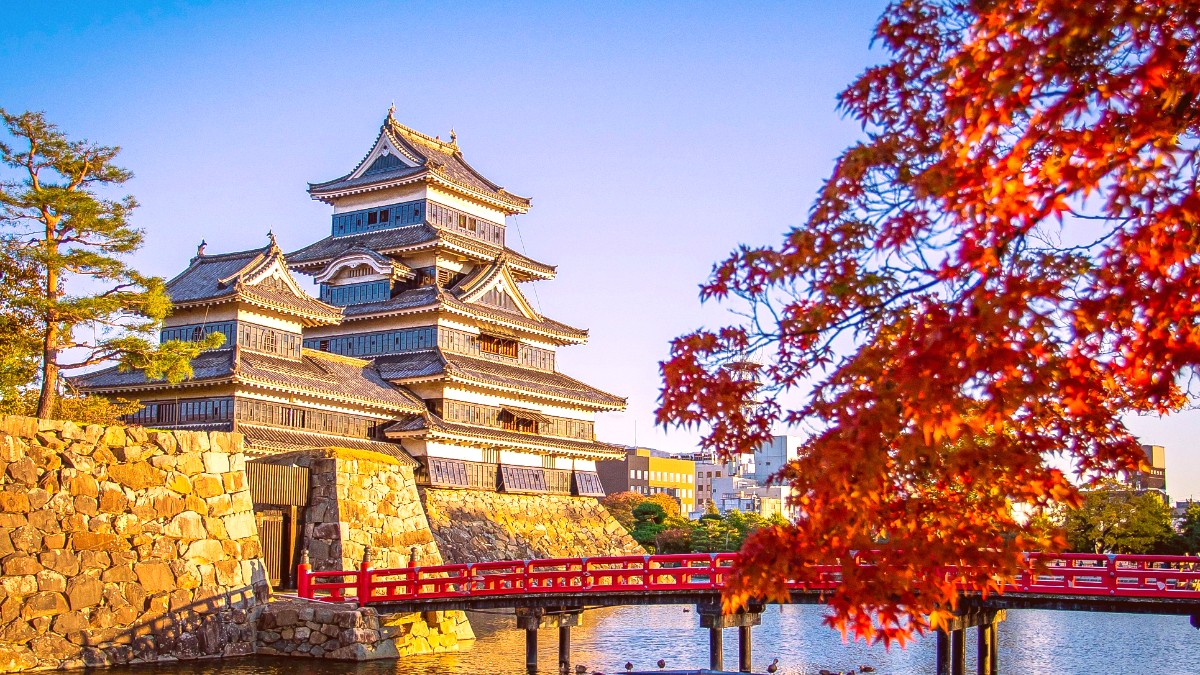
Central Honshu, Japan
The Northern Japan Alps, including Kamikochi, reside within the Chubu Sangaku National Park. These protected areas have strict rules for ecological balance.
Japan has a highly organized waste separation system. Sort your trash into designated categories like burnable, non-burnable, plastics, and cans.
While Japan's mountains supply ample water, conservation is always good. Take shorter showers and report any leaks. Support accommodations with water-saving initiatives.
Interacting with local customs and traditions enriches your travel experience and fosters good relationships.
Support local craftspeople and traditional arts by purchasing authentic souvenirs from local artisans in Nakamachi-dori.
A polite, quiet, and orderly demeanor is valued in Japanese culture, prioritizing harmony.
Always ask for permission before photographing individuals, especially children, or private property. Avoid intrusive photography.
If you have visible tattoos, prepare to cover them, specifically when visiting onsen (hot springs) or some traditional establishments.
Seek hotels or ryokans that actively practice energy saving, waste reduction, and use local products. For options, visit Ecobnb.
Choose tour operators prioritizing responsible tourism, such as small-group tours that respect the environment and local communities. Explore G Adventures for ethical options.
Responsible travel ensures your tourism dollars directly benefit the local economy and its communities.
Staying in local guesthouses, dining at local restaurants, and buying products from local artisans channel your money directly to families and small businesses.
Fair trade and ethical shopping options involve seeking out authentic souvenirs from local artisans.
Consider purchasing carbon offsets for your international and domestic flights to lessen your carbon footprint.
Explore options from providers like Terrapass to mitigate travel emissions.
Japan's public transportation system (trains and buses) is highly energy-efficient; use it instead of renting a car.
Using public networks, especially for intercity travel and day trips, cuts individual carbon emissions.
Do not give money directly to beggars or homeless people; this is not customary and can sometimes perpetuate negative cycles. Donate to reputable local charities instead.
Informed choices benefit the local communities and cultural preservation efforts in Matsumoto.